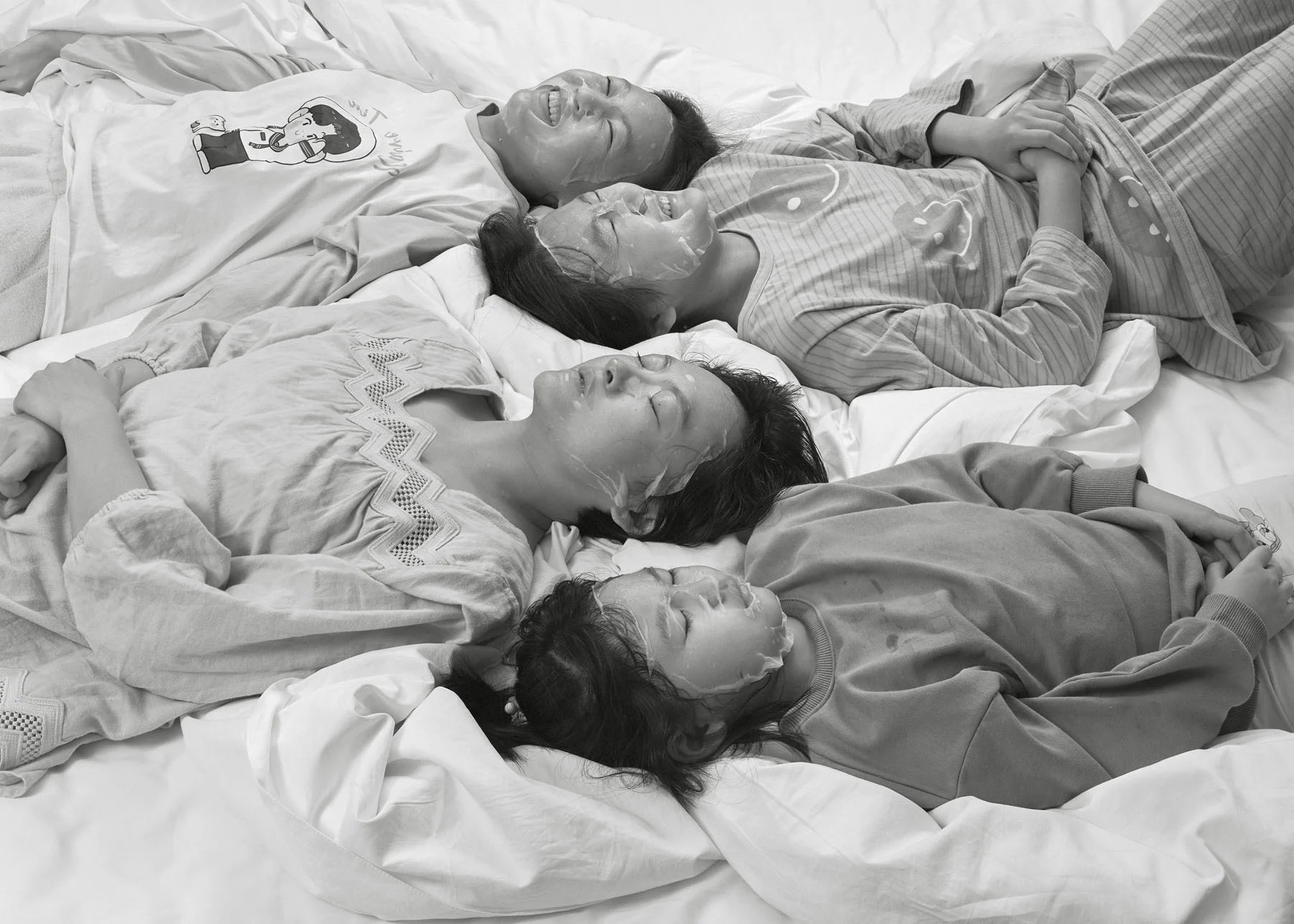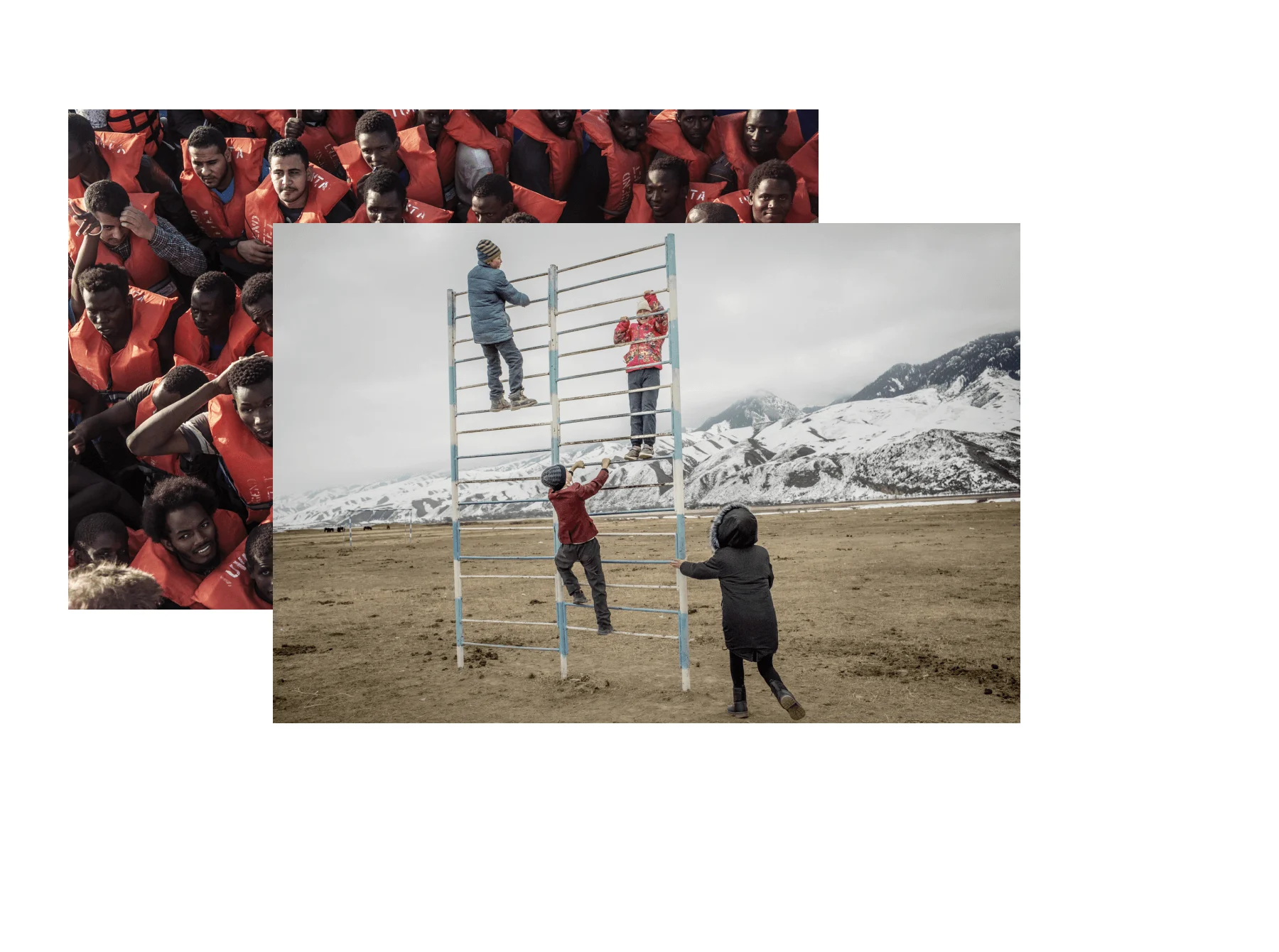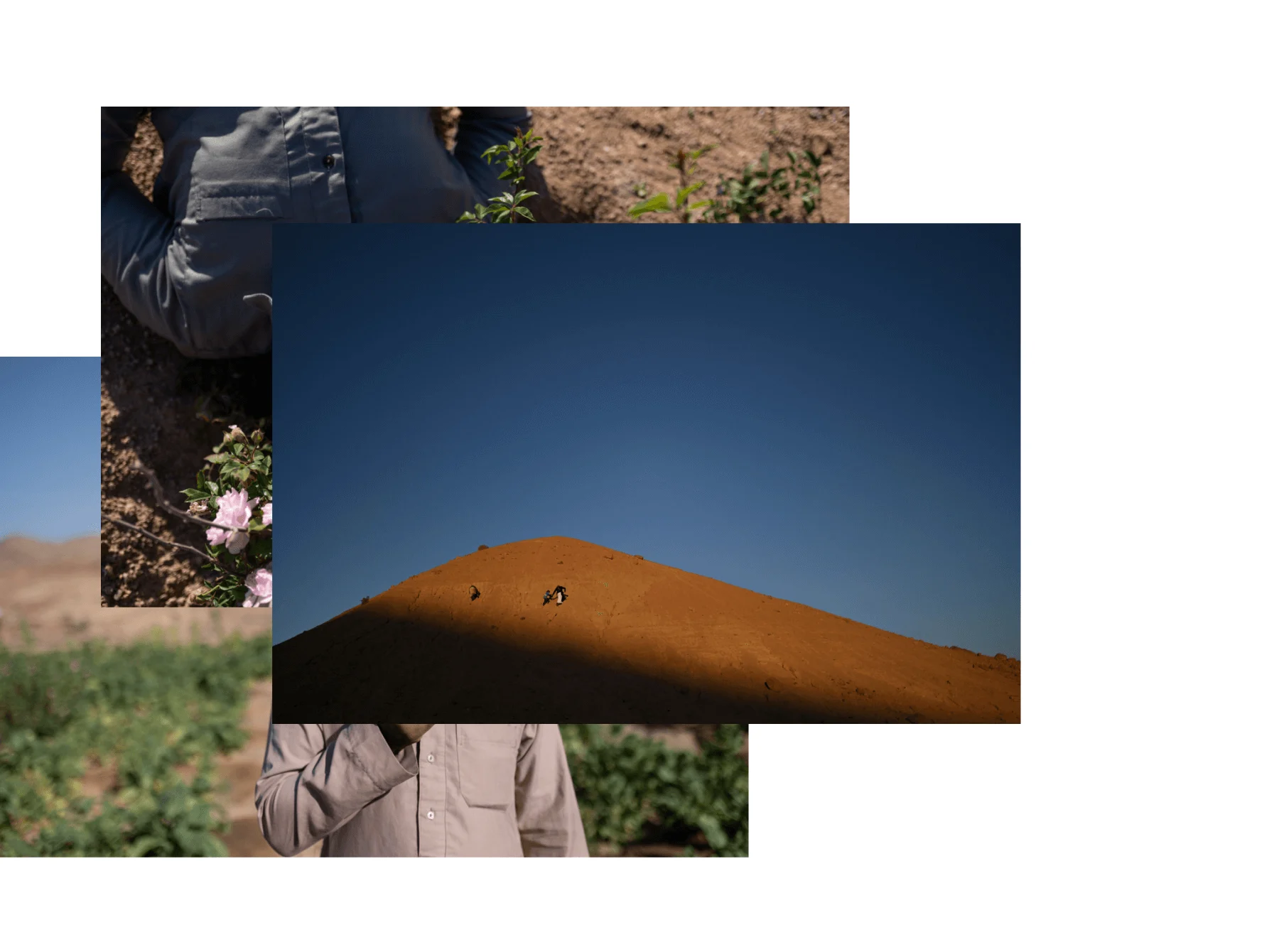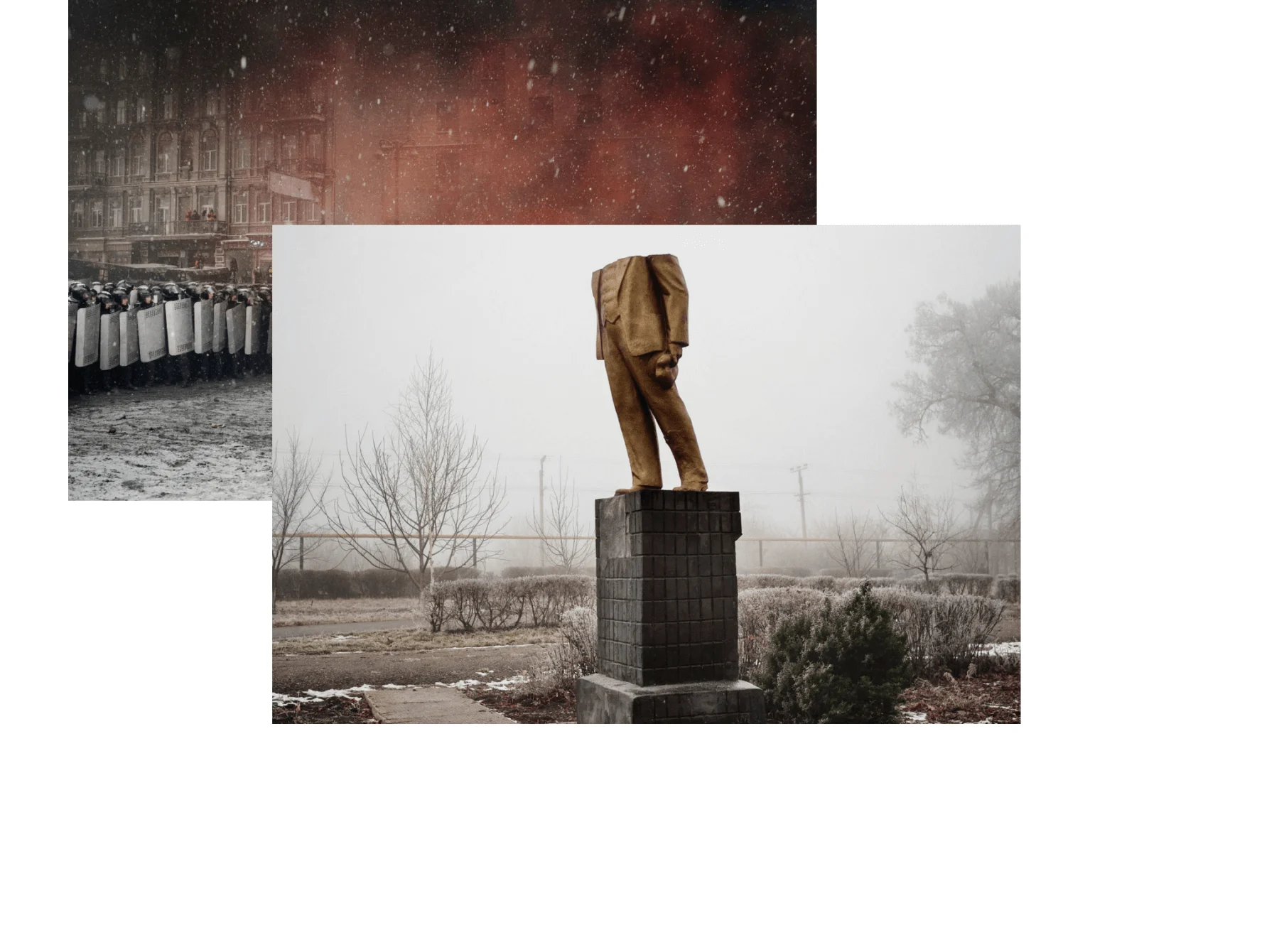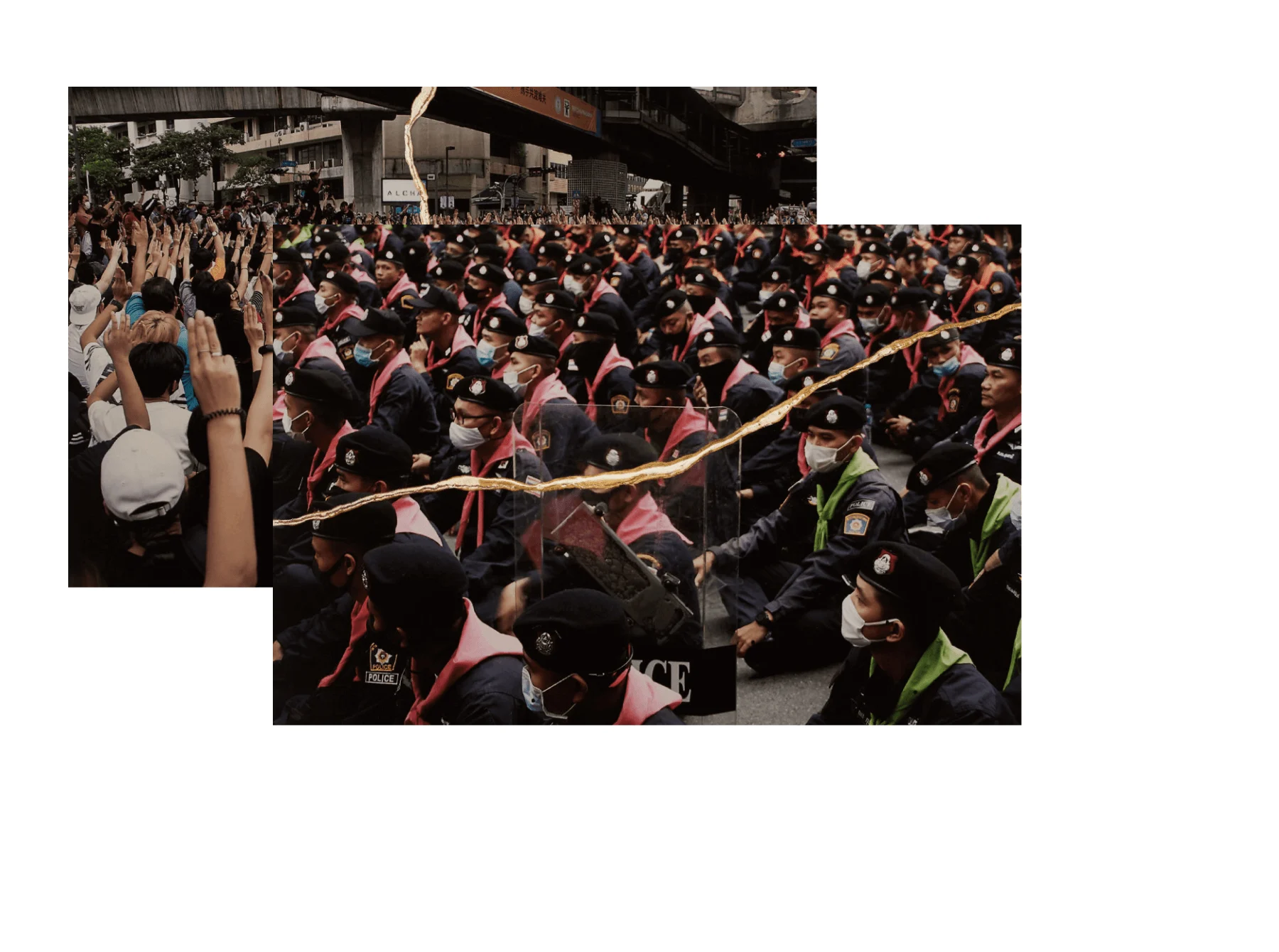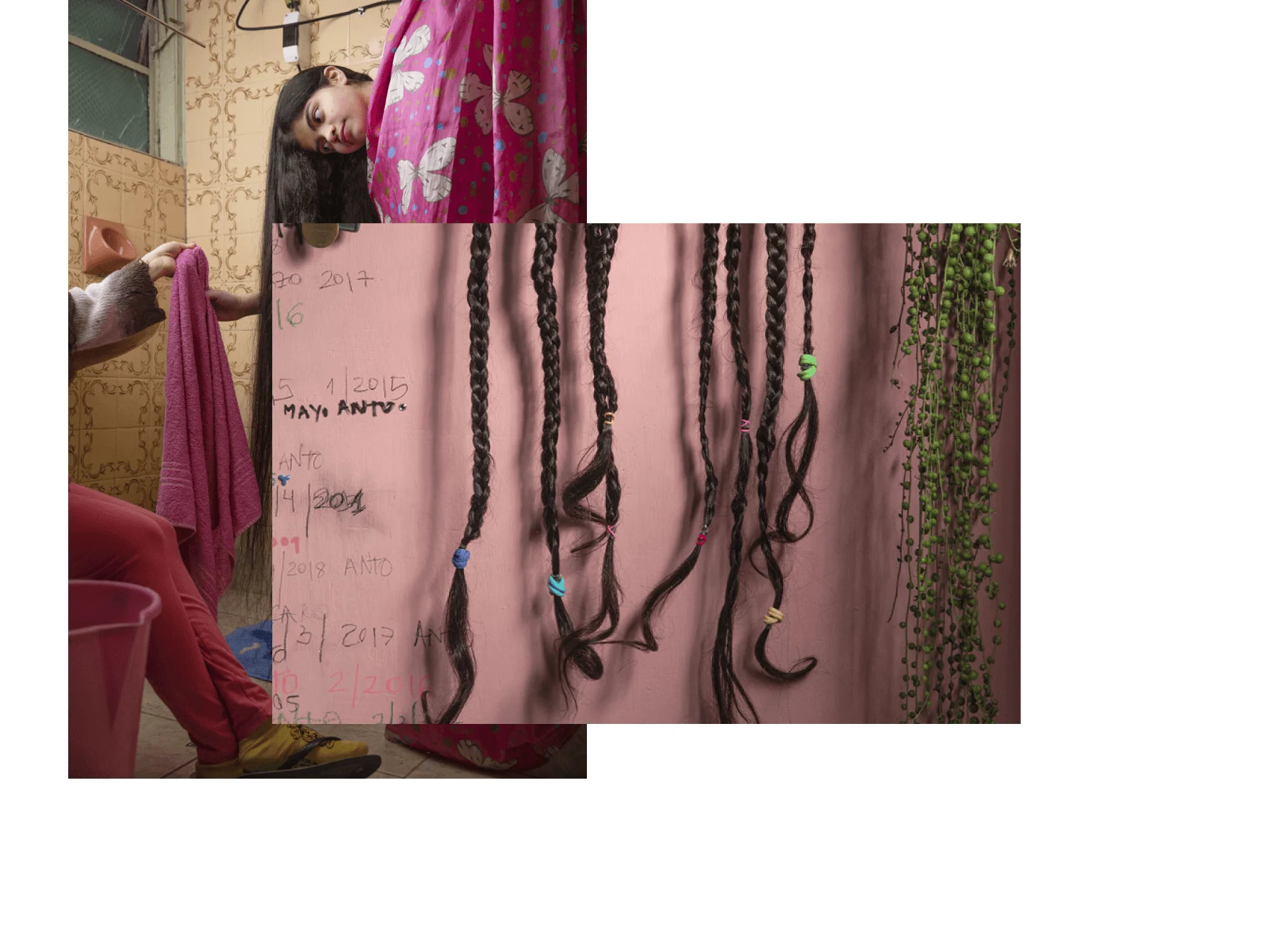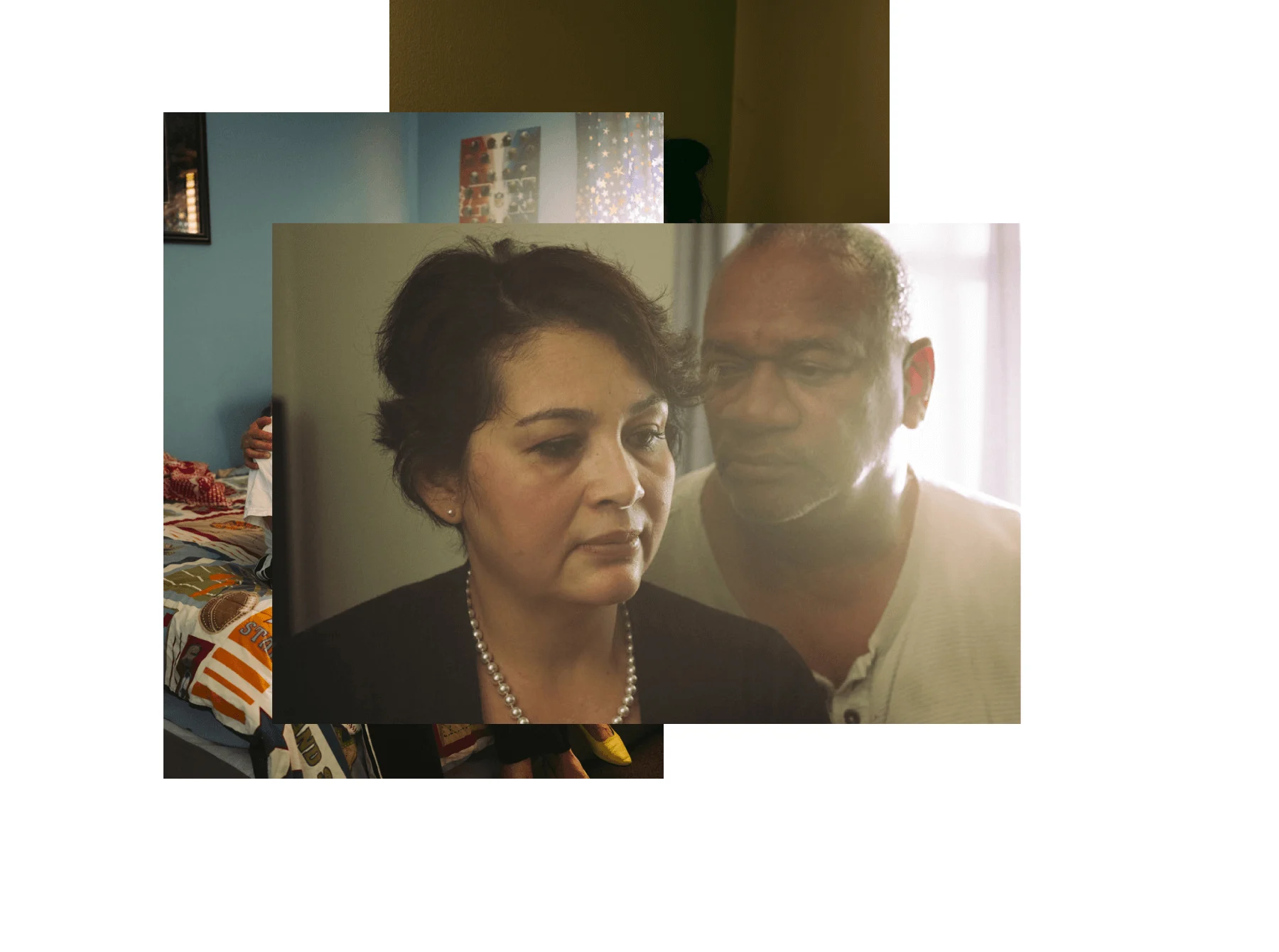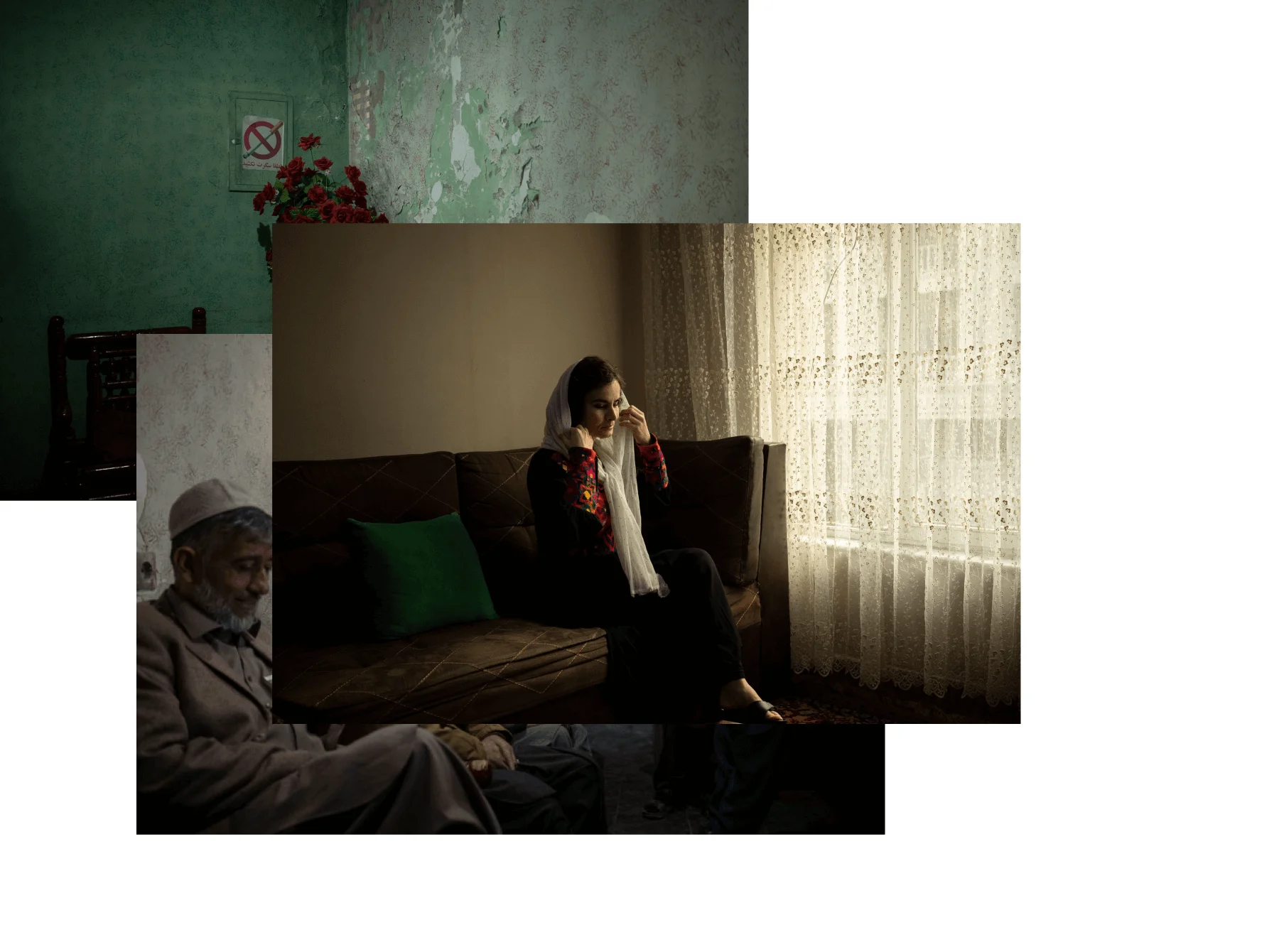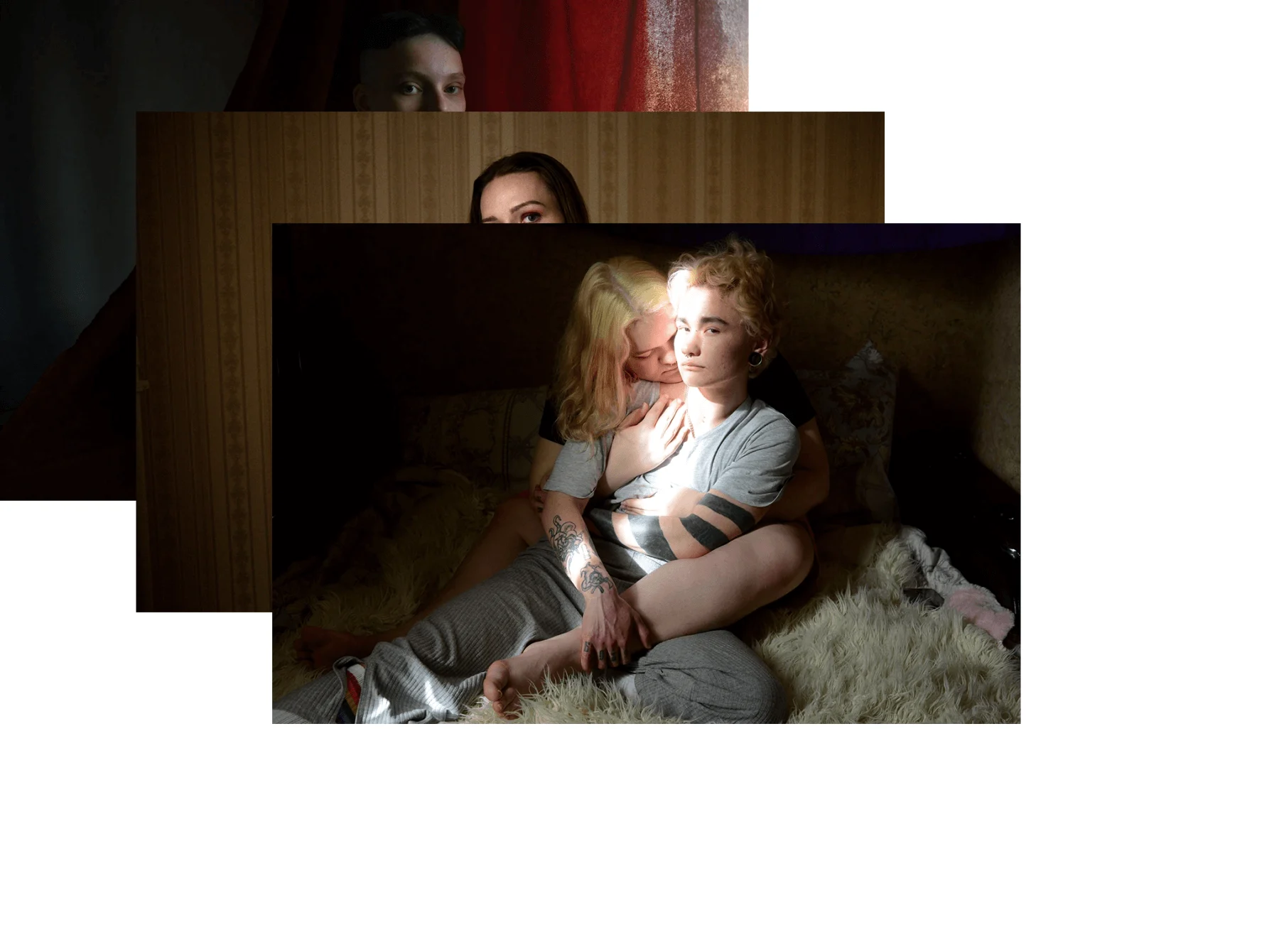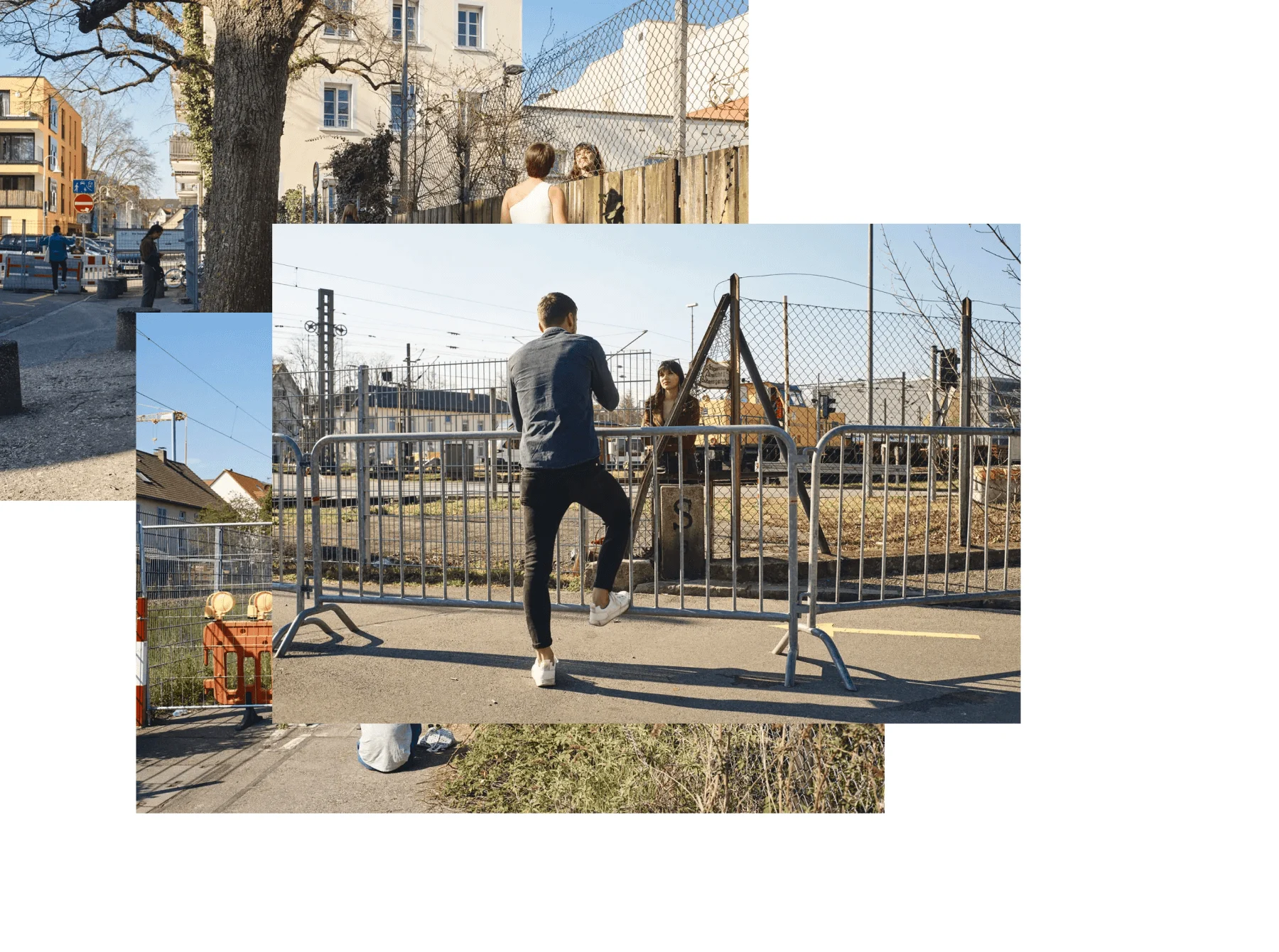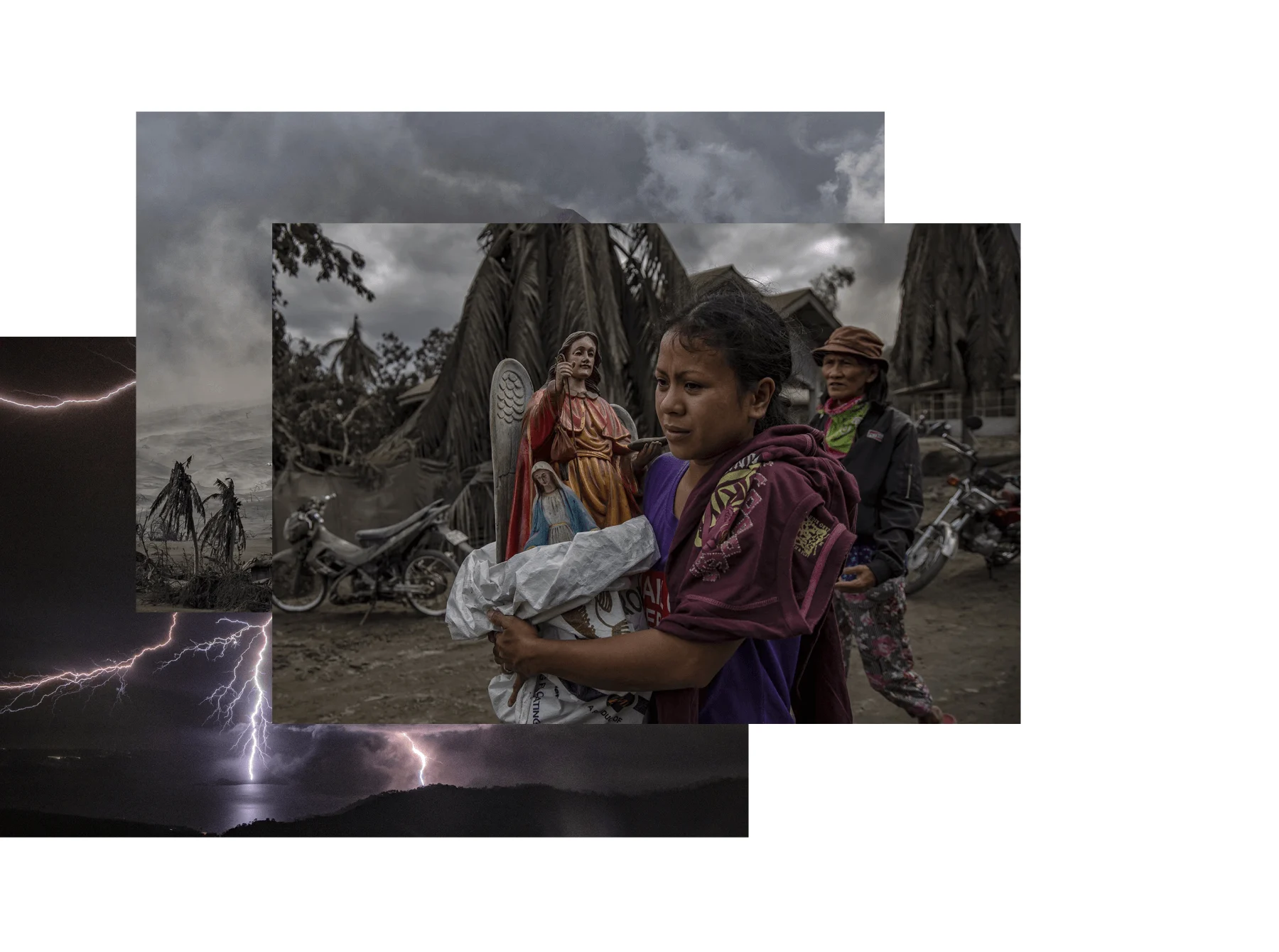
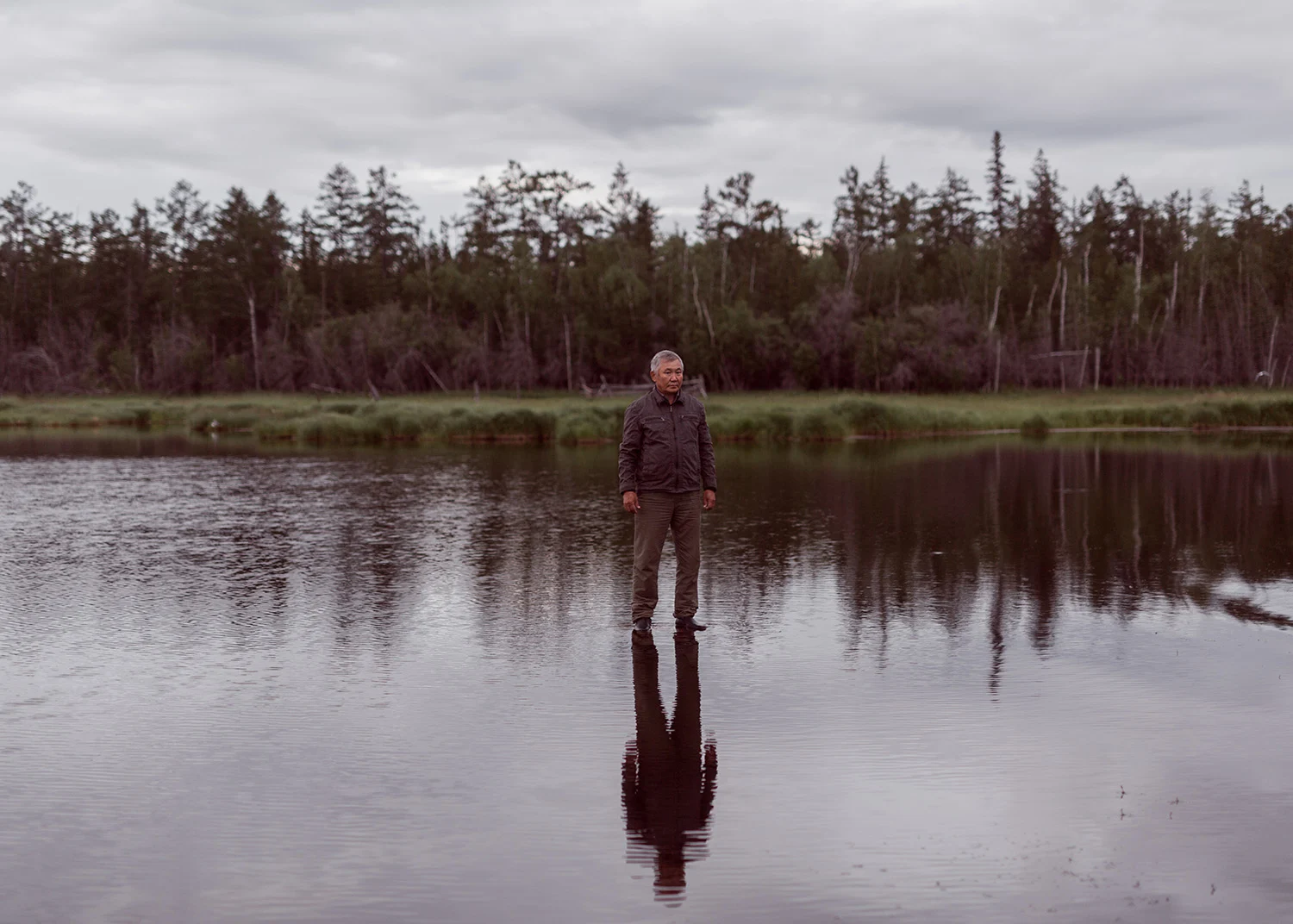
The remote Russian region of Yakutia is renowned for its extreme cold, with some of the lowest natural temperatures in history being recorded there. What many people aren’t aware of is its blossoming film industry, affectionately known as Sakhawood. Photographer Alexey Vasilyev was born and raised in the town of Yakutsk, and has watched with surprise as the area’s film industry has gone from strength to strength. As international film festivals begin to seriously take note of the work coming out of its wilderness, Alexey traveled between film sets for his project Sakhawood to document the teams of people creating against the odds.
Since 2016, we’ve partnered with the World Press Photo awards to tell the stories behind the best photojournalism around, in the photographers' own words. See the whole series here.

“Yakutsk is my hometown, where I was born and raised. I’ve known about Yakut cinema since I was a child, but like many teenagers from there I wasn’t interested in it. We grew up on Hollywood action films with Arnold Schwarzenegger, Sylvester Stallone, Jean-Claude Van Damme, Bruce Lee. They were our idols in the 90s. Their posters practically hung on the wall of every student, in every home. The Yakut cinema wasn’t interesting to anyone.
Later, in the early 2000s, Yakut films were shown in the city's cinemas, and people gradually began to talk about them more often. One important thing about Yakut cinema is that films can be made by anyone, not only directors, but also ordinary people with regular jobs. The first film that I liked was the drama Bonfire (2016), and it was directed by Dmitry Davydov, who at that time worked as a school teacher. This film was unlike anything I had seen before. It was so sincere, so true. From that moment on, Yakut cinema captured my attention and I became more and more interested in it.


Hollywood has money; we have only an irrepressible desire to develop.
In 2018, I decided to research the industry as a photographer. I was interested to watch these films being made, and to see how the makers manage to do what they do on such a low budget. Interest in the industry was already growing, and it was increasingly mentioned in the Russian media. Journalists from Moscow were coming to Yakutia to shoot stories about its cinema, and Yakut films began to be shown at Russian and international film festivals, and began to receive prizes.
I started working on the project at the beginning of 2019, traveling to the countryside outside the city of Yakutsk, to shoot on set. Filmmakers generally don't shoot films in the city. I always thought that was because the directors themselves came from villages, and filming allows them to return to their roots, to stay closer to nature and to think about something more deeply.

Some people think that Yakut films are only of interest to local residents, that they’re only accessible to people who live here. But this isn’t the case. I think cinema is a universal language, just like photography. Art has no nationality, or shouldn’t have. And Yakut directors understand this. They want their films to be shown all over the world, not just in local cinemas.
They try to preserve their identity, but at the same time make their work understandable and accessible for everyone. This industry is like a living, breathing organism. Yakut directors try to maintain its visibility every day, coming up with new projects, looking for sponsors and funding, participating in festivals.

The Yakut film industry is a friendly place where anyone can prove themselves, whether they’re a professional or just a beginner. Directors often look for amateur actors, because the few professional actors there are often don’t have the time or desire to film. It’s common to watch films that feature actors who have never starred in anything before.
The most striking example is Stepan Petrov, a 75-year-old pensioner with a gray beard who lives in a small Yakut village. After filming two films (The Tsar Bird and The Sun Does Not Set Above Me), he became very famous in the republic.
Anyone can prove themselves, whether they’re a professional or just a beginner.


The average budget for a film is three million rubles. This is about 40 thousand dollars. It’s not much, but these directors show that money should not play the most decisive role in filmmaking. Does it really take a lot of money to make a good movie? Hollywood has money; we have only an irrepressible desire to develop, shoot more films, improve their quality. Yakut cinema is still at the beginning of its journey.
They want to win Oscars and to be known worldwide. Only time will tell if they stand a chance. I want to watch them reach their goals, so I’m not going to stop this project. As long as the Yakut cinema lives, I’ll photograph it. This project isn’t only about Yakut cinema, it’s about people, about Yakutia in general. Cinema is a mirror on the nation. Here, it doesn't matter where you are from or who you are. If you have a good story to tell to the world, then anything’s possible.







